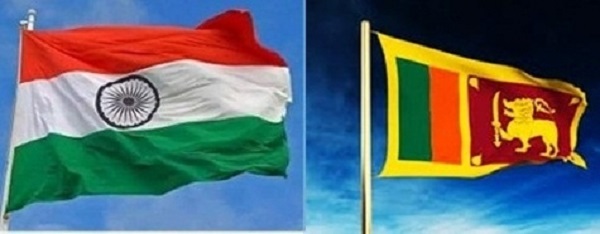New Delhi, (Asian independent) The fifth meeting of the India-Sri Lanka Joint Working Group on Fisheries virtually discussed the ways to enhance the productivity of fisheries in Palk Bay.
The Joint Working Group discussed all relevant issues in detail including the concerns relating to fishermen and fishing boats which have been on the agenda of bilateral discussions between India and Sri Lanka for many years.
The Indian delegation in the joint meeting was led by Jatindra Nath Swain, Secretary, Ministry of Fisheries, Animal Husbandry and Dairying. The other members of the Indian delegation included senior representatives from the Ministry of Fisheries, Ministry of External Affairs, Ministry of Home Affairs, Government of Tamil Nadu, Government of Puducherry, Indian Navy and Indian Coast Guard.
R.M.I. Rathnayake, Secretary, Ministry of Fisheries, Government of Sri Lanka, led Sri Lankan delegation.
Jatindra Nath Swain observed in the meeting that the Indian side is always committed to work constructively with the Sri Lankan side towards resolution of issues related to fishermen and their livelihoods in a humanitarian manner. He also took up the issue of early release of Indian fishermen and boats currently in Sri Lankan custody. The Indian side expressed its readiness to work together with Sri Lanka for joint research to enhance the productivity of Palk Bay fisheries.
Both sides also discussed the cooperation between Navy & Coast Guard of both the countries in patrolling, existing hotline between the Coast Guards and related operational matters including cooperation in tracking poaching, prevention of environmental damage due to bottom trawling, addressing grievances of fishermen on either side, besides issues relating to investigation on recent deaths of fishermen and status of apprehended fishermen and fishing boats.
Indian delegation highlighted the initiatives taken by the Central and State Governments to diversify livelihood options and reduce fishing pressure in the Palk Bay. It also informed that infrastructure has been created to facilitate deep-sea fishing and promotion of alternative livelihood through seaweed cultivation, mariculture and several aquaculture activities.








